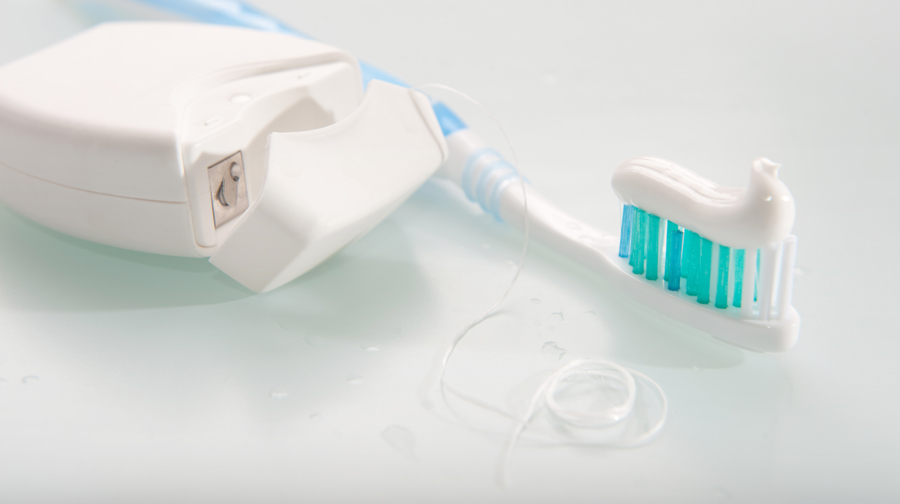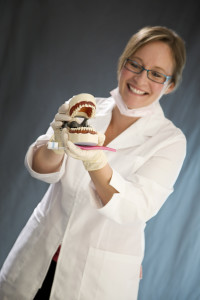I had the pleasure of collaborating with some colleagues on a book about saliva and oral health…
Get Your Spit Together! Your saliva may hold the secret to better dental checkups.
Here is the book’s Synopsis:
“Get Your Spit Together! provides practical information on improving the quality and quantity of one’s saliva to benefit oral health, and to positively influence one‘s overall health. It addresses the concerns of individuals experiencing or concerned about periodontal or dental caries disease. It is intended to provide those in general dental practice with a unique and practical resource and a helpful tool that they may pass along or recommend to patients that are struggling. Chapters are written by dental professionals and support oral systemic health. Each of the 7 chapters relate to one another and tie the topics together for the enjoyment of reading and learning. Dental patients and dental professionals will find value in its content.”
I hope you get the chance to read it! Available on Amazon.
Follow the “spit blog” at www.getyourspittogether.com
Colette Murray, RDH
Food Choices and Oral Health
To prevent cavities and maintain good oral health, your diet — what you eat and how often you eat — are important factors. Changes in your mouth start the minute you eat certain foods. Bacteria in the mouth convert sugars and carbohydrates from the foods you eat to acids, and it’s the acids that begin to attack the enamel on teeth, initiating the decay process. The more often you eat and snack, the more frequently you are exposing your teeth to the potential of decay.Should you stop eating? Heck no!!
The best food choices for the health of your mouth include cheeses, chicken or other meats, nuts, and milk. These foods are thought to protect tooth enamel by providing the calcium and phosphorus needed to remineralize teeth (a natural process by which minerals are redeposited in tooth enamel after being removed by acids).
Other good food choices include firm/crunchy fruits (for example, apples and pears) and crunchy vegetables. These foods have a high water content, which dilutes the effects of the sugars they contain, and stimulate the flow of saliva (which helps protect against decay by washing away food particles and buffering acid).
Happy Eating!!
Soda waters
3 simple ways to improve your flossing frequency!
1.See it=use it.Strategically place the floss in plain view.Are you one of those people that only come across the floss when you need to go looking for a band-aid in the bathroom drawer??
2. Get help from a buddy!
Does your significant other have a good routine going? Ask them to tear off a piece and give it to you when they do their own flossing. The couple that flosses together, stays together.
3.Write yourself a Love Note. Place a sticky note on the bathroom mirror for a few weeks as a loving reminder to yourself. “Dear Maggie, please clean between us. With love, your teeth.”
Be a fantastic flosser in no time!
Did you know…..
…that expecting mothers are prone to dental disease such as gingivitis and pregnancy induced tumours on their gums?
…that those who have serious gum disease including boneloss are at risk of a pre-term low birth weight baby?
These and other oral health concerns are important to be aware of during pregnancy.
Who do you know that is expecting and could use some information on how unhealthy gums can influence the healthy pregnancy? Send them my way! I am happy to answer any questions they may have regarding oral health and pregnancy.
Cheers to new mommies!!
Tongue Brushing
Have you been told by your dental professional about the benefits of tongue cleaning EVERY time you brush and floss your teeth? There are also “tongue cleaners” specific for this use.
Have you been told by a dental professional to switch to a power toothbrush?The reasons to use a power brush are diverse but the most common reasons are the following:
1.A dental professional has identified inflammation in your gum tissue caused by disease-causing plaque bacteria.
2. You have oral anatomy that makes it difficult to brush certain areas thoroughly.
3. You have a dexterity challenge that may be overcome by using power toothbrush technology.
When a power brush is recommended, it’s important to review the proper use of the model that is being used. Always follow up with your hygienist about how to get the best use of your new technology!
Oral Hygiene and travel….do you fall off the wagon with your brushing and flossing when you travel??
How about some quick tips for your next trip? Make it convenient! Floss picks and single use flossers are great for on the go!
Road Trip Snacks anyone?? Carry a small bottle of anti-bacterial mouthwash in your travel bag, snacking can make for a quick growth of bacteria on the road.
Buzz Buzz goes the brush! Most electric brushes offer a compact travel case, easy to pack in a cinch!
Xylitol can help controlling bacteria when you are on the go. Mints, gum and other dental friendly sweet treats are available. Examples are Xpur gum and pastilles (mint tablets) that are tasty and anti-bacterial!
Wishing you Happy and Healthy Travels!!
Xerostomia (Dry mouth)
Diabetes and Oral Health
The relationship between oral health and diabetes is based on a link between periodontal infection and glycemic control within the body. Periodontal disease (disease of the gums and surrounding bone of the teeth), is often identified as a complication of diabetes. There is growing evidence that supports this relationship and indicates that the improvement of blood sugar control is directly linked to the improvement of oral health. In turn, we also see the opposite happening whereby as oral health improves, so does does a person’s diabetic control. The two go hand in hand. Your dental hygienist can recommend a periodontal maintenance schedule that will suit your needs if you are an individual who has been diagnosed with diabetes.
Something Curious!
Inflammation in the mouth can trigger or exacerbate inflammatory conditions in the rest of the body.
Increasing evidence is linking the oral status, whether it is healthy or unhealthy, to the body’s overall health and wellness. Conditions such as cardio vascular disease and metabolic disorders can be influenced or triggered by disease in the oral cavity. Do you have a history of cardiovascular disease or family history of heart attack, stroke or other related illness? A comprehensive assessment that includes diagnosis of gingivitis, periodontitis, and identifying the “bad actors” that are the pathogenic bacteria in the oral cavity is the first step to fixing the problem. Contact your dental provider to see if they are familiar with the bidirectional association of oral conditions as it affects your overall health.
Get Your Spit Together!
Saliva can be influenced in very specific ways in order to improve your oral health and achieve better dental checkups.
Want to learn how? Head to www.getyourspittogether.com and follow the blog or get the book all about saliva and oral health!




